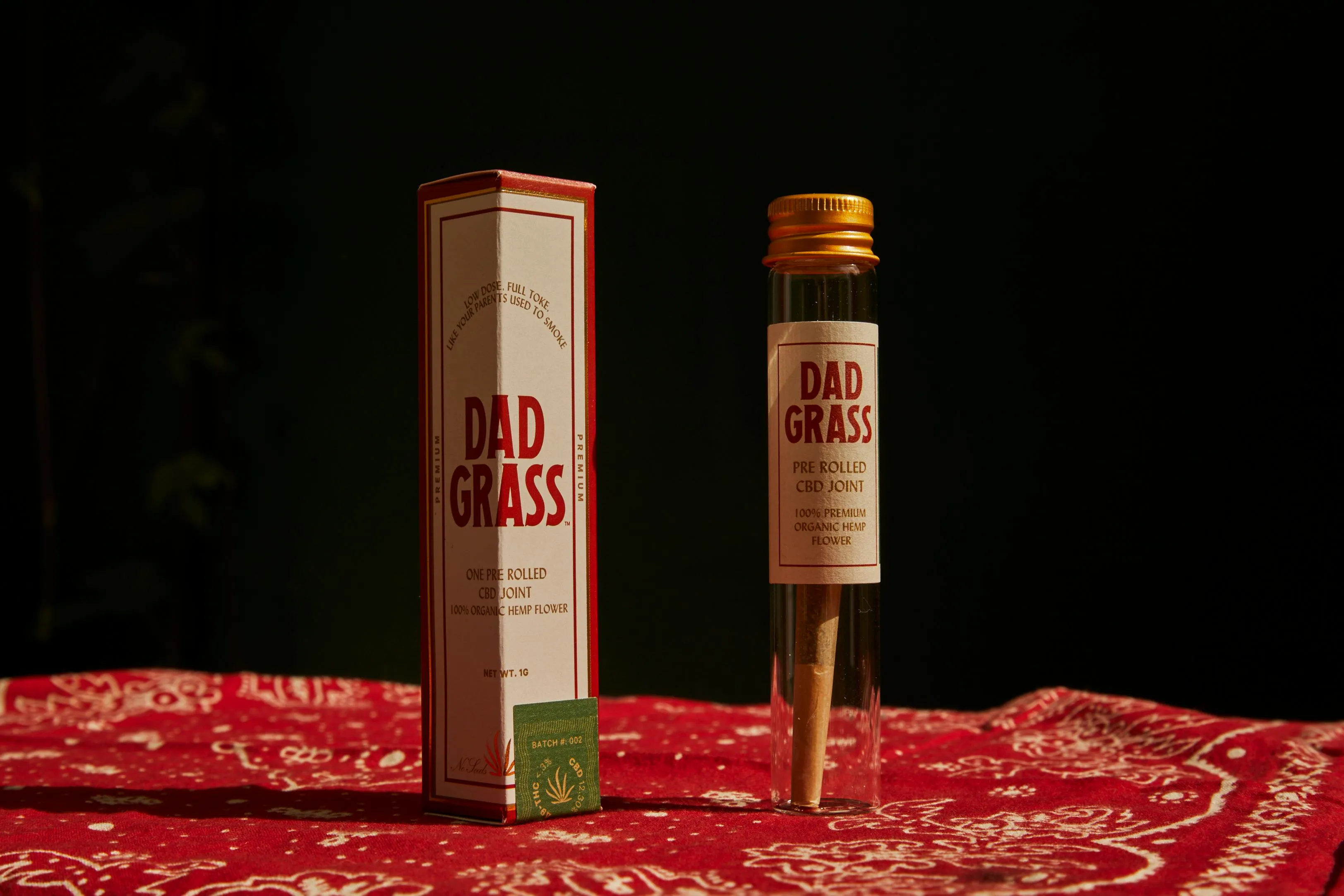Green Means Go: Unpacking the Legal Cannabis Purchasing Age
Cannabis legalization is sweeping across the globe, bringing with it exciting new opportunities for adults to enjoy its benefits. But just like any controlled substance, there are rules and regulations in place to ensure responsible use. One of the biggest questions people have when cannabis becomes legal is “How old do you have to be to buy it?” 
The answer isn’t always straightforward. While a general trend emerges, specific ages for legal cannabis purchase vary depending on where you live.
The Usual Suspects: 21 and Over
In most jurisdictions that have legalized recreational cannabis, the purchasing age mirrors that of alcohol: 21 years old. This aligns with the idea that adults are deemed mature enough to make informed decisions about their consumption. This standard applies in states like California, Colorado, Washington, and many others across the US.
However, there are exceptions to this rule.
Medical Marijuana: A Different Story
If you’re seeking cannabis for medicinal purposes, age restrictions might be lower. Some regions allow patients with qualifying medical conditions to access cannabis at 18 years old, or even younger in certain cases with parental consent. This recognizes that individuals with chronic pain, debilitating illnesses, or other conditions may benefit from cannabis therapy even before reaching the typical adult age.
International Variations:
Beyond the US, legal cannabis landscapes are diverse. Canada set its federal recreational cannabis age at 18, while Uruguay opted for 18 as well. However, individual provinces and territories within Canada can adjust this minimum age. Countries like Malta and Mexico have also legalized recreational cannabis with varying age restrictions.
Why the Age Limits?
There are several reasons why governments set legal purchase ages for cannabis:
* Brain Development: Scientific evidence suggests that the brain continues to develop into a person’s mid-twenties. Limiting access to cannabis during this crucial period aims to protect against potential negative impacts on cognitive function and mental health.
* Public Health Concerns: Age restrictions help minimize risks associated with underage cannabis use, such as impaired judgment, increased risk of addiction, and potential interference with education or career development.
* Regulation and Control: Setting a clear age limit allows for better enforcement and regulation of the cannabis market. It helps prevent sales to minors and promotes responsible consumption among adults.
Navigating the Rules: Be Informed, Be Responsible
Regardless of where you are, it’s crucial to familiarize yourself with local laws and regulations regarding cannabis purchasing age. Always carry valid identification when making a purchase, and be aware that penalties for underage consumption or sales can be severe.
Remember, responsible cannabis use is about respecting the law and prioritizing your well-being. If you have any questions or concerns about cannabis legalization in your area, consult with local authorities or reputable sources of information.
Stay informed, stay safe, and enjoy responsibly!